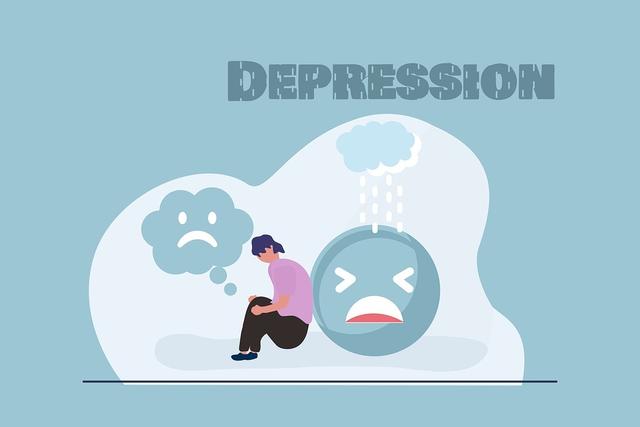
Your Cart
Your Cart

Most people experience feelings of sadness and depression in their lives. When these feelings persist for weeks or months at a time and prevent you from living your life, you may have clinical depression. Clinical depression not only affects the way you feel but can also deter you from doing the things that you normally enjoy. Depression is not something you can “snap-out” of and requires intervention, sometimes even long-term treatment.
A loss of interest and pleasure in normal activities, such as hobbies or sports.
Ongoing tiredness and lack of energy (even the simplest of tasks requires all of your energy).
Frequent thoughts of death, suicidal thoughts, and suicide attempts.
Trouble thinking and concentrating.
For people suffering from depression, the symptoms are so severe they cause problems in day-to-day activities, like going to school and work.
Depression can be caused by a number of factors ranging from biological to circumstantial. Common Causes Include:
Family History:You have a higher chance of developing clinical depression if you have a family history of depression or other mood disorders.
Drug:A history of drug/alcohol use can put you at risk.
Early Childhood Trauma:Traumatic events can affect the ways that your body and mind react to stressful events.
If you are feeling depressed, make an appointment with your doctor or a mental health professional immediately. If you are reluctant to seek help, confide in a trusted friend, healthcare professional, faith leader, or someone around you that you trust.
Notice: The above information is an educational aid only. Always consult your healthcare provider to ensure the information displayed on this page applies to your personal circumstances.